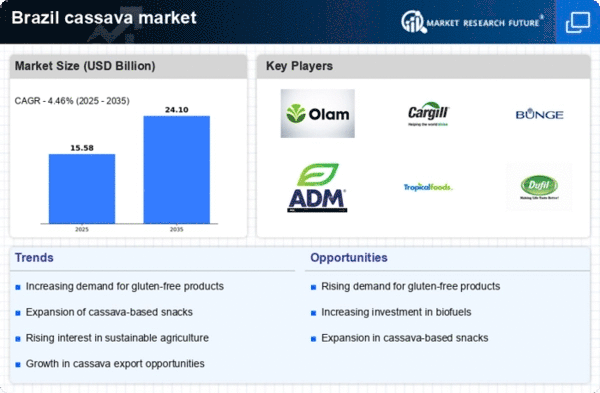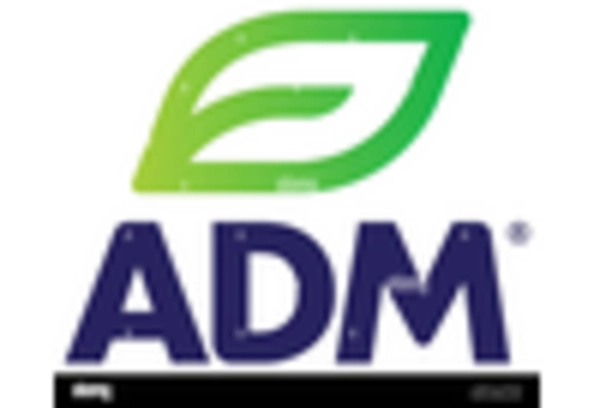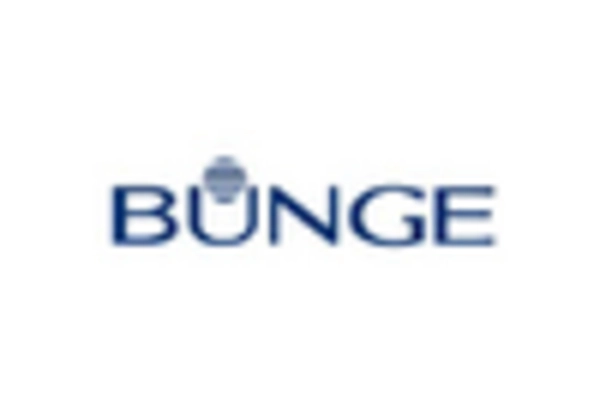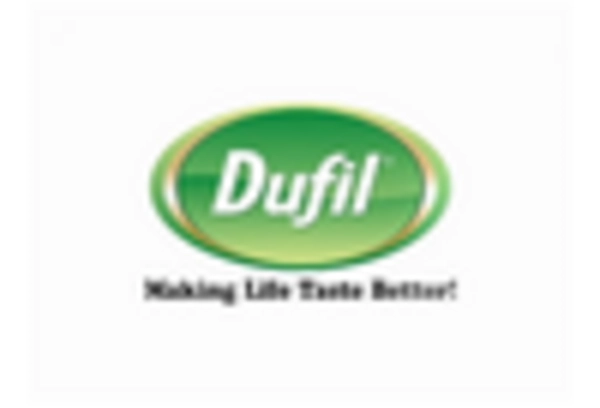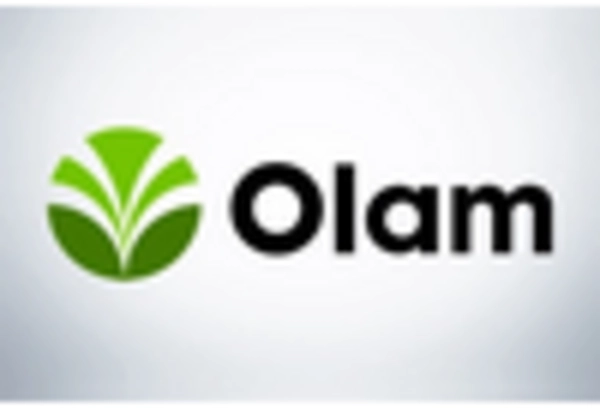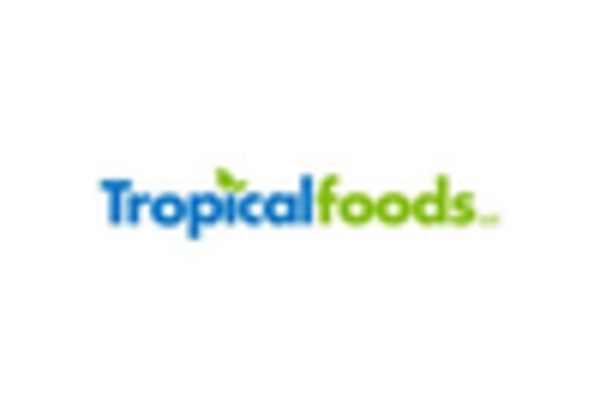Rising Export Opportunities
The cassava market in Brazil is poised for growth due to increasing export opportunities. With a favorable climate for cassava cultivation, Brazil has the potential to become a leading exporter of cassava products. Recent data indicates that Brazil's cassava exports have increased by approximately 15% in the last year, driven by demand from international markets, particularly in Asia and Europe. This trend suggests that Brazilian cassava producers may capitalize on the growing global appetite for cassava-based products, such as starch and flour. As the market continues to expand, it is likely that investments in processing facilities will further enhance the competitiveness of the cassava market.
Government Support and Policies
Brazilian government initiatives aimed at promoting agricultural development are likely to bolster the cassava market. Policies that support smallholder farmers and encourage sustainable farming practices may enhance cassava production efficiency. For instance, the government has implemented programs that provide financial assistance and technical training to farmers, which could lead to increased yields. Additionally, the cassava market may benefit from export incentives, as Brazil seeks to position itself as a key player in the international market. The potential for increased exports could stimulate local economies and create job opportunities, further driving the market's expansion.
Increasing Health Consciousness
The growing awareness of health and nutrition among Brazilian consumers appears to be a significant driver for the cassava market. As individuals seek healthier food options, cassava, known for its gluten-free properties and high carbohydrate content, is gaining traction. The market data indicates that the demand for gluten-free products in Brazil has surged by approximately 30% over the past few years. This trend suggests that consumers are increasingly substituting traditional grains with cassava-based products, thereby enhancing the market's growth potential. Furthermore, the cassava market is likely to benefit from the rising popularity of plant-based diets, as cassava serves as a versatile ingredient in various culinary applications.
Diverse Applications in Food Industry
The versatility of cassava as an ingredient in various food products is likely to drive the cassava market in Brazil. From traditional dishes to modern culinary innovations, cassava is increasingly being utilized in snacks, beverages, and gluten-free alternatives. The market data suggests that the demand for cassava-based snacks has risen by approximately 25% in recent years, reflecting changing consumer preferences. This trend indicates that manufacturers are exploring new product lines that cater to health-conscious consumers. As the food industry continues to evolve, the cassava market may benefit from the growing trend of incorporating functional ingredients into food products, further enhancing its market presence.
Technological Innovations in Cultivation
Advancements in agricultural technology are likely to play a crucial role in enhancing the cassava market in Brazil. Innovations such as precision farming and improved seed varieties may lead to higher yields and better disease resistance. The adoption of these technologies could potentially increase cassava production efficiency by up to 20%, thereby meeting the rising domestic and international demand. Furthermore, the integration of technology in farming practices may attract younger generations to cassava cultivation, ensuring the sustainability of the industry. As these innovations take root, the cassava market is expected to experience a transformation that could significantly impact its growth trajectory.


